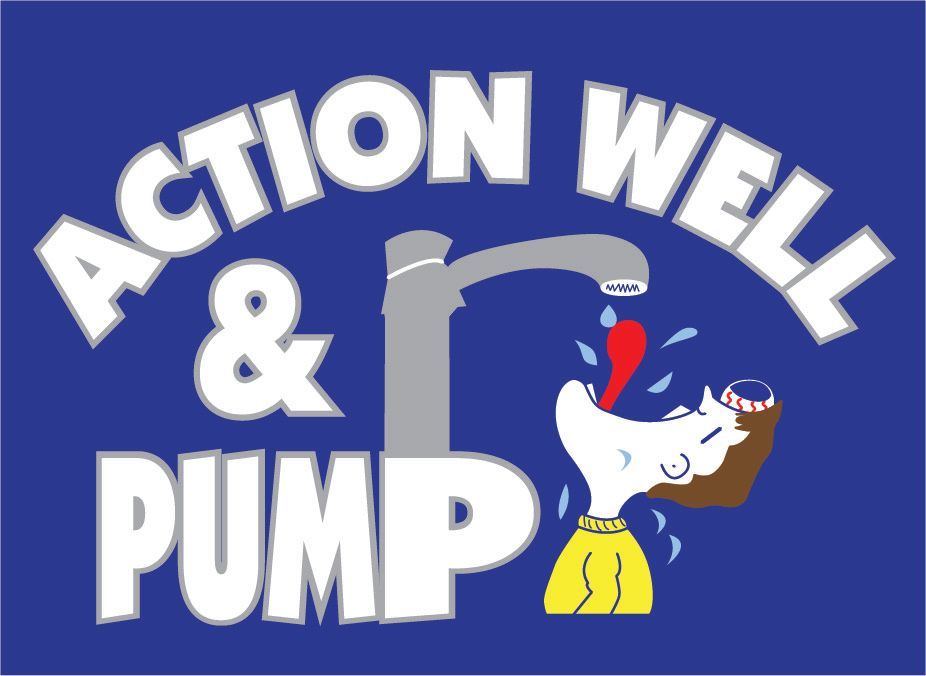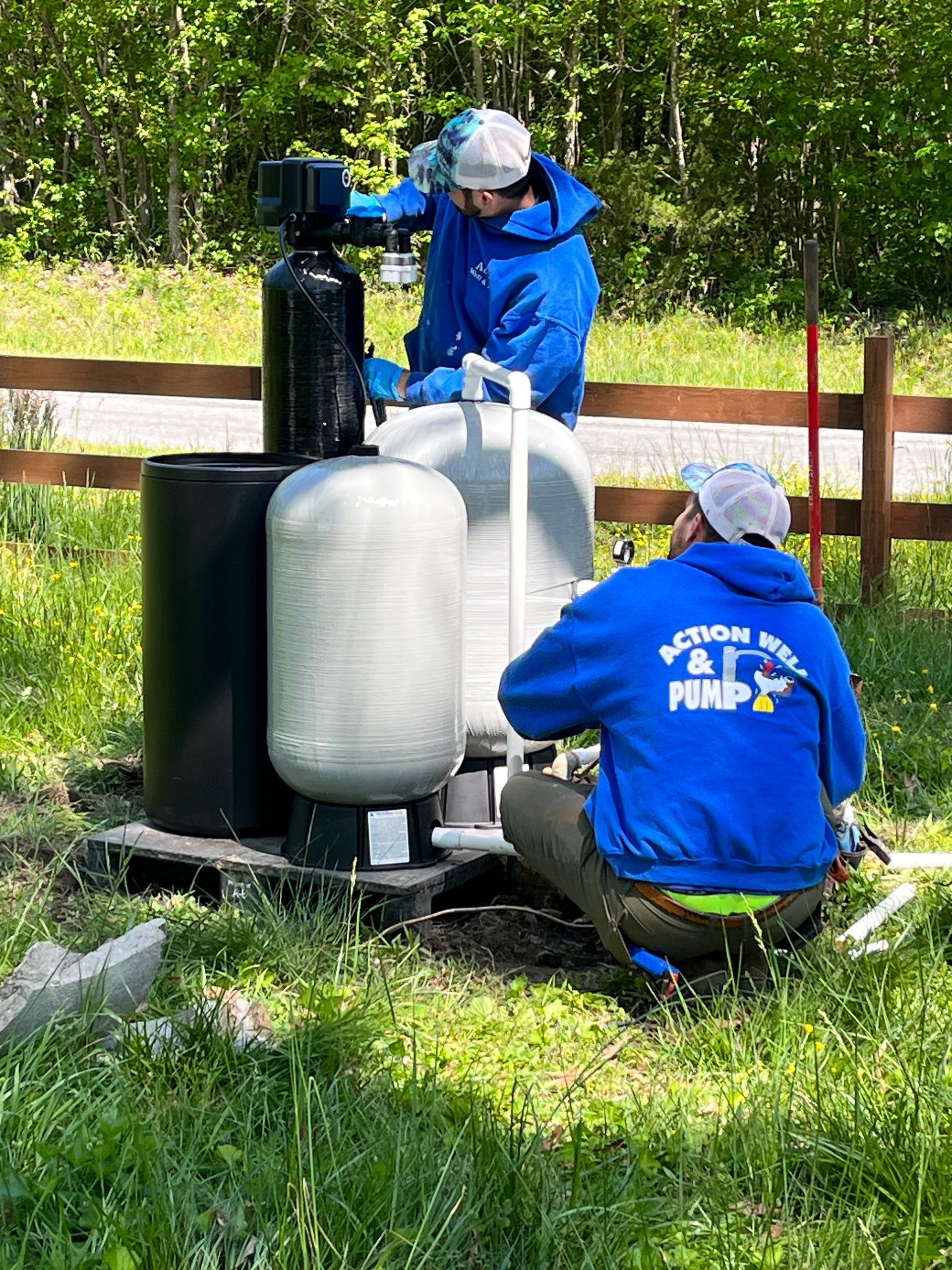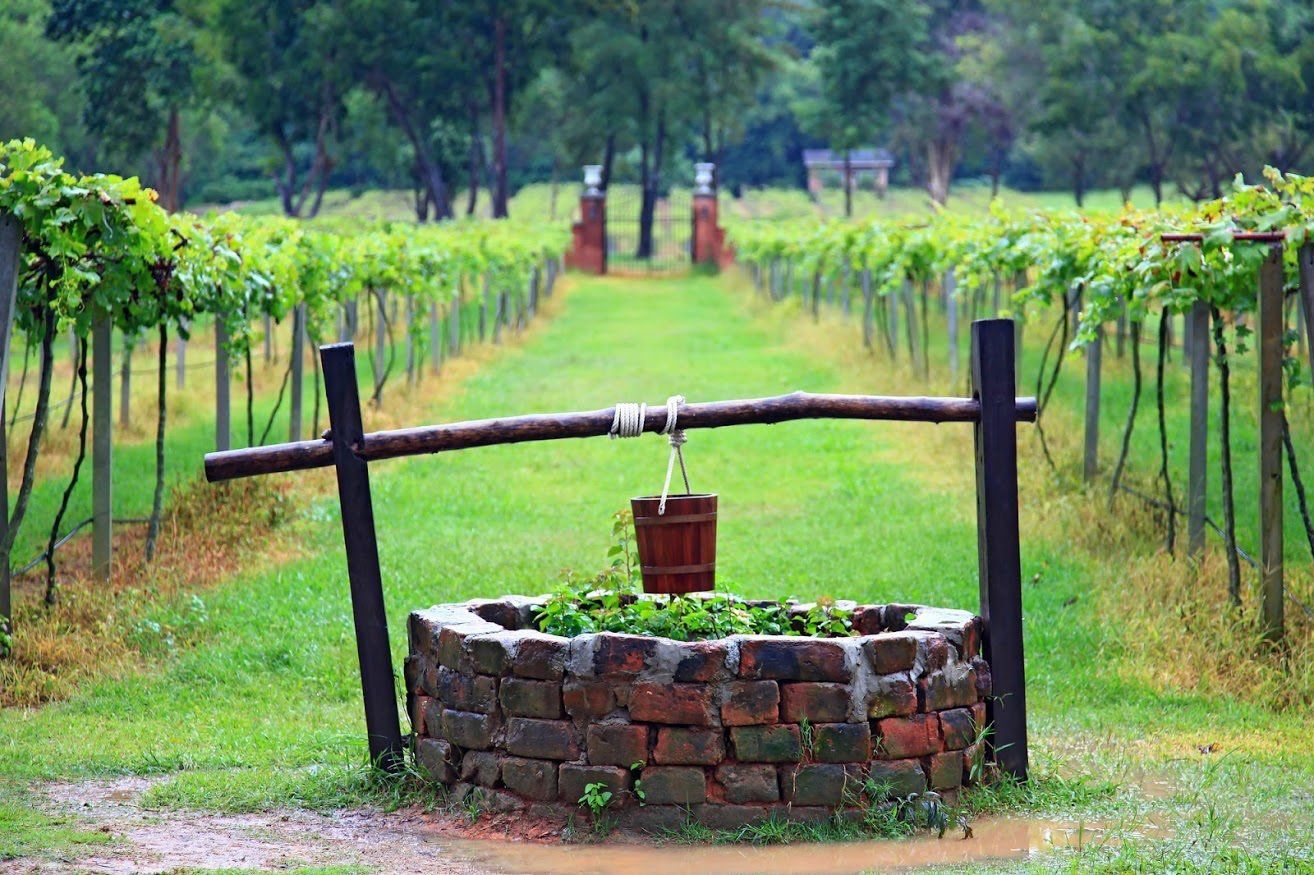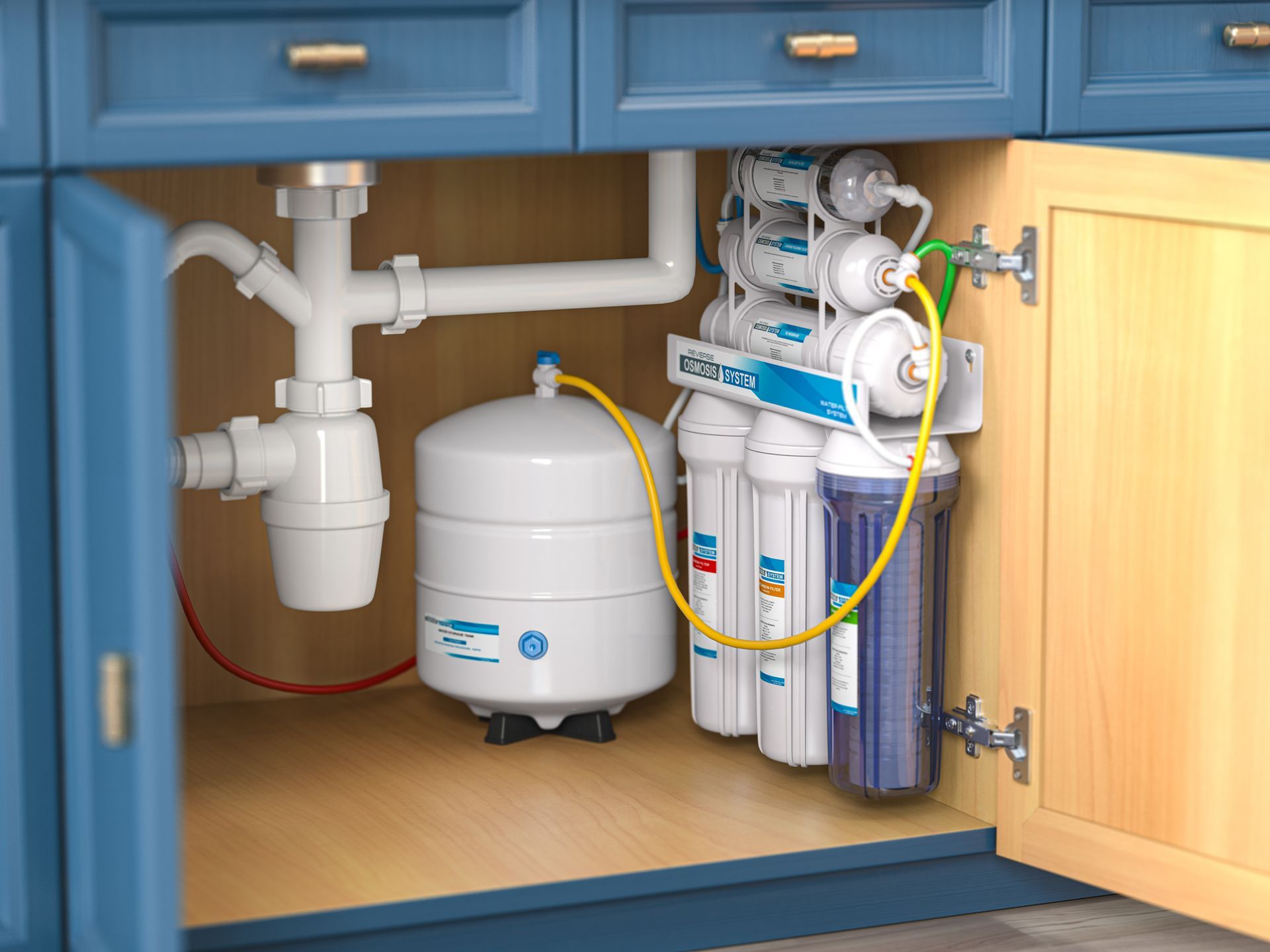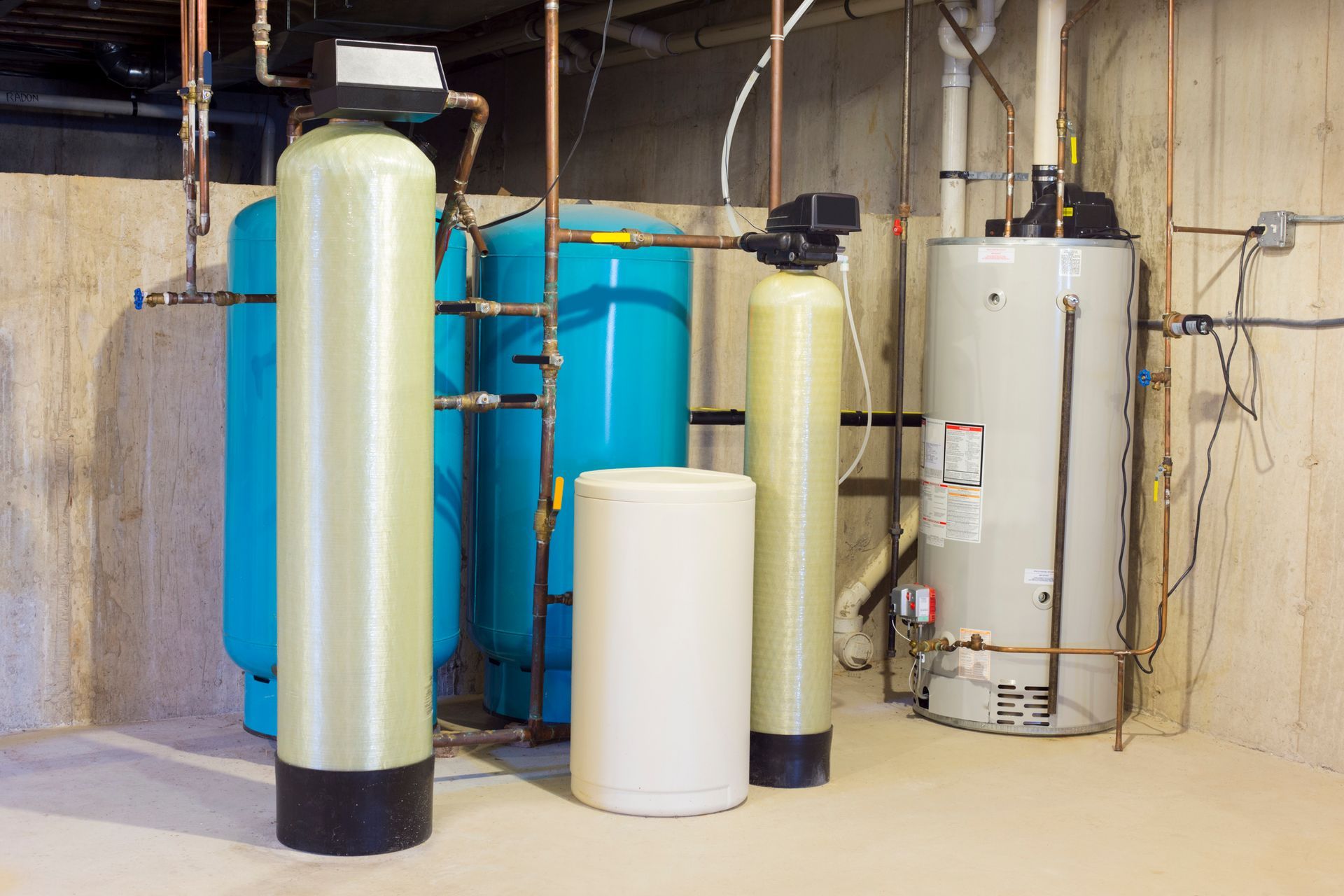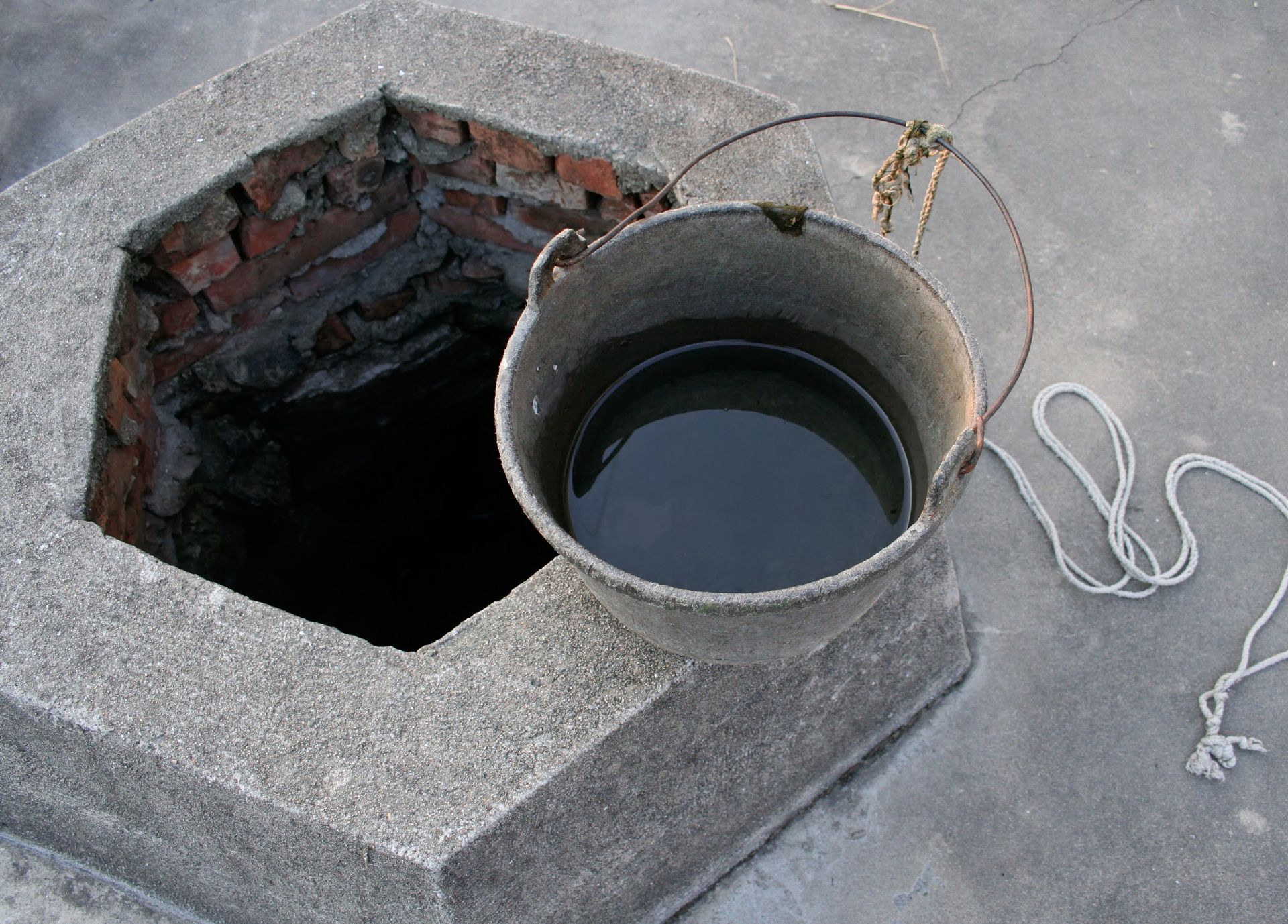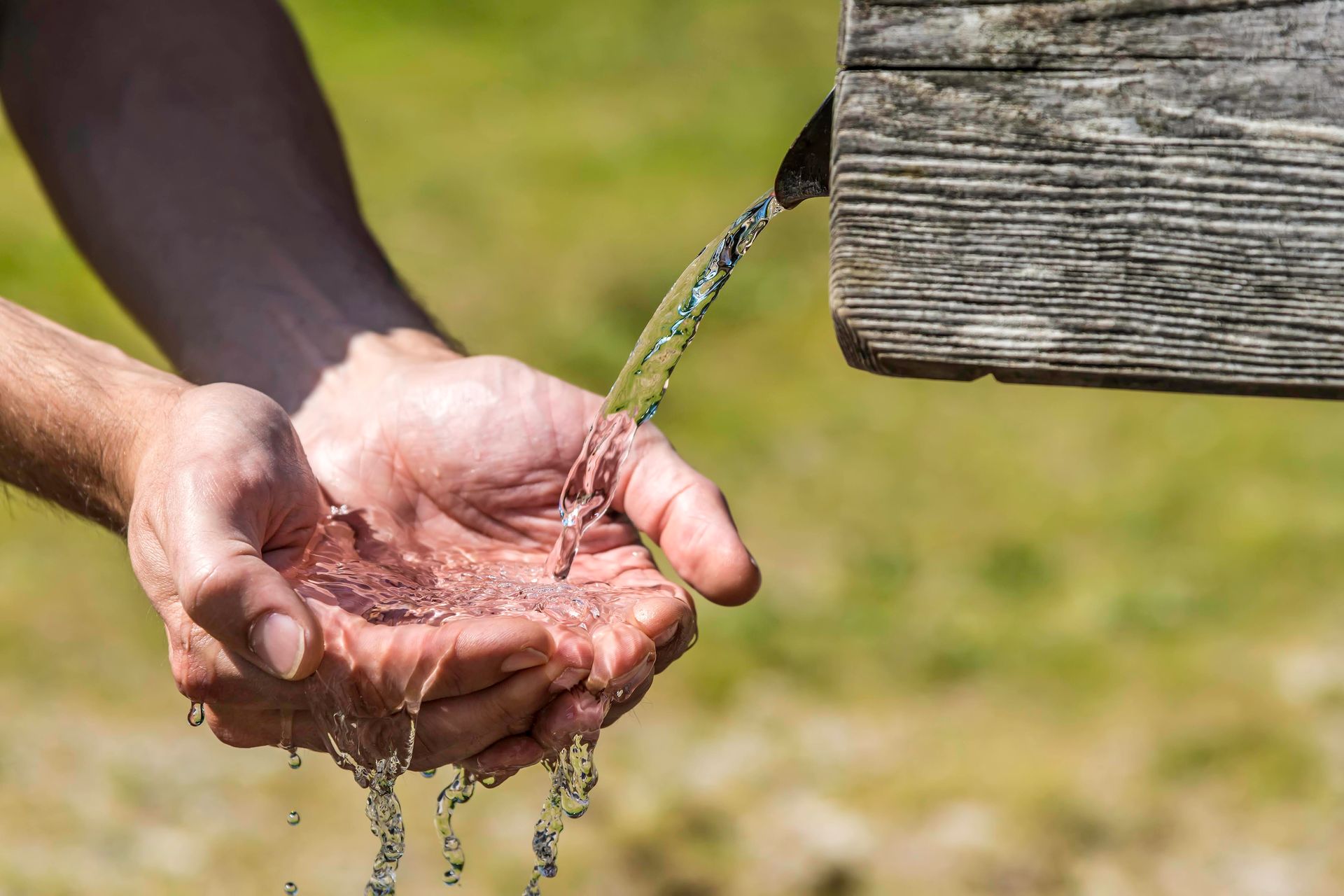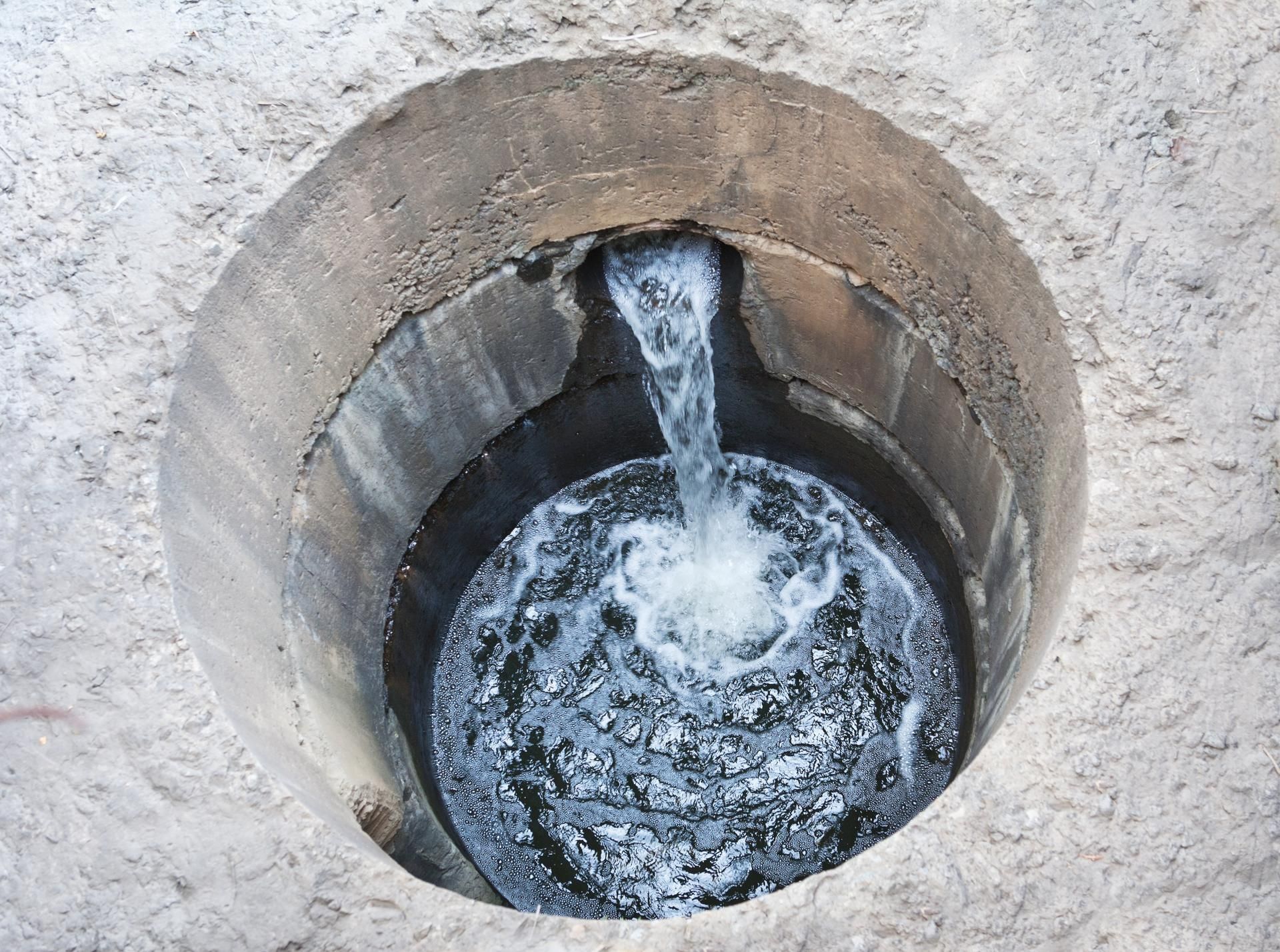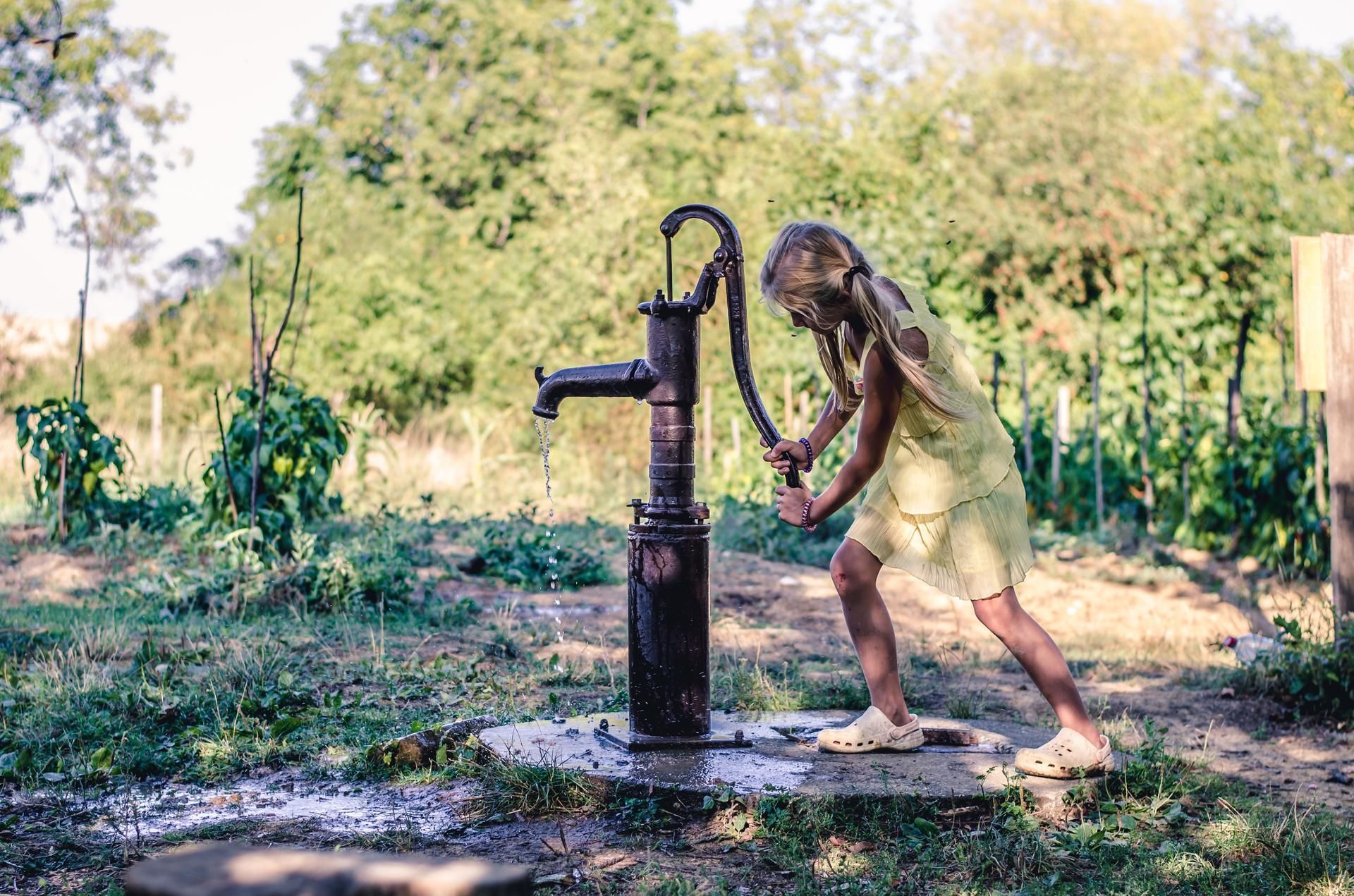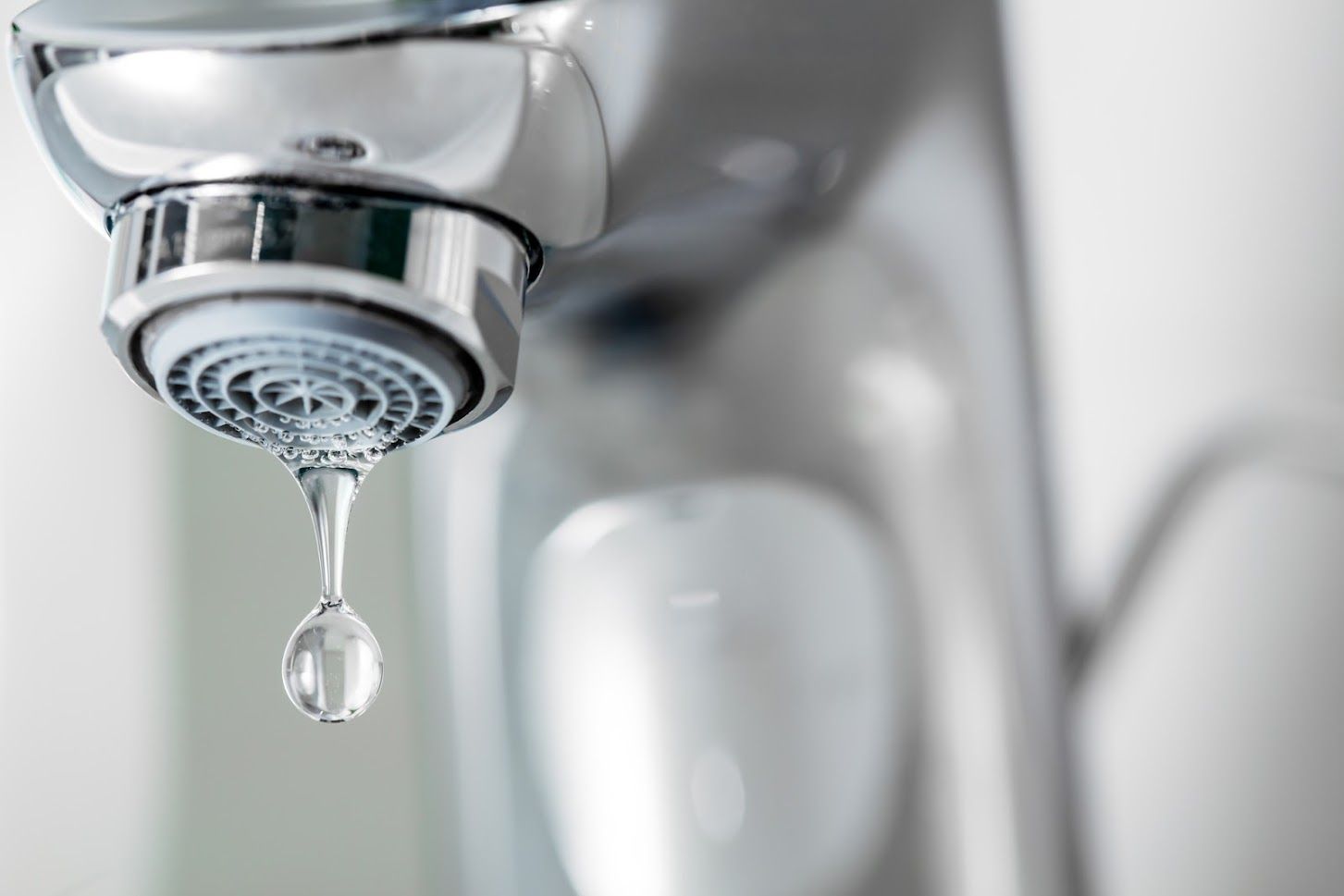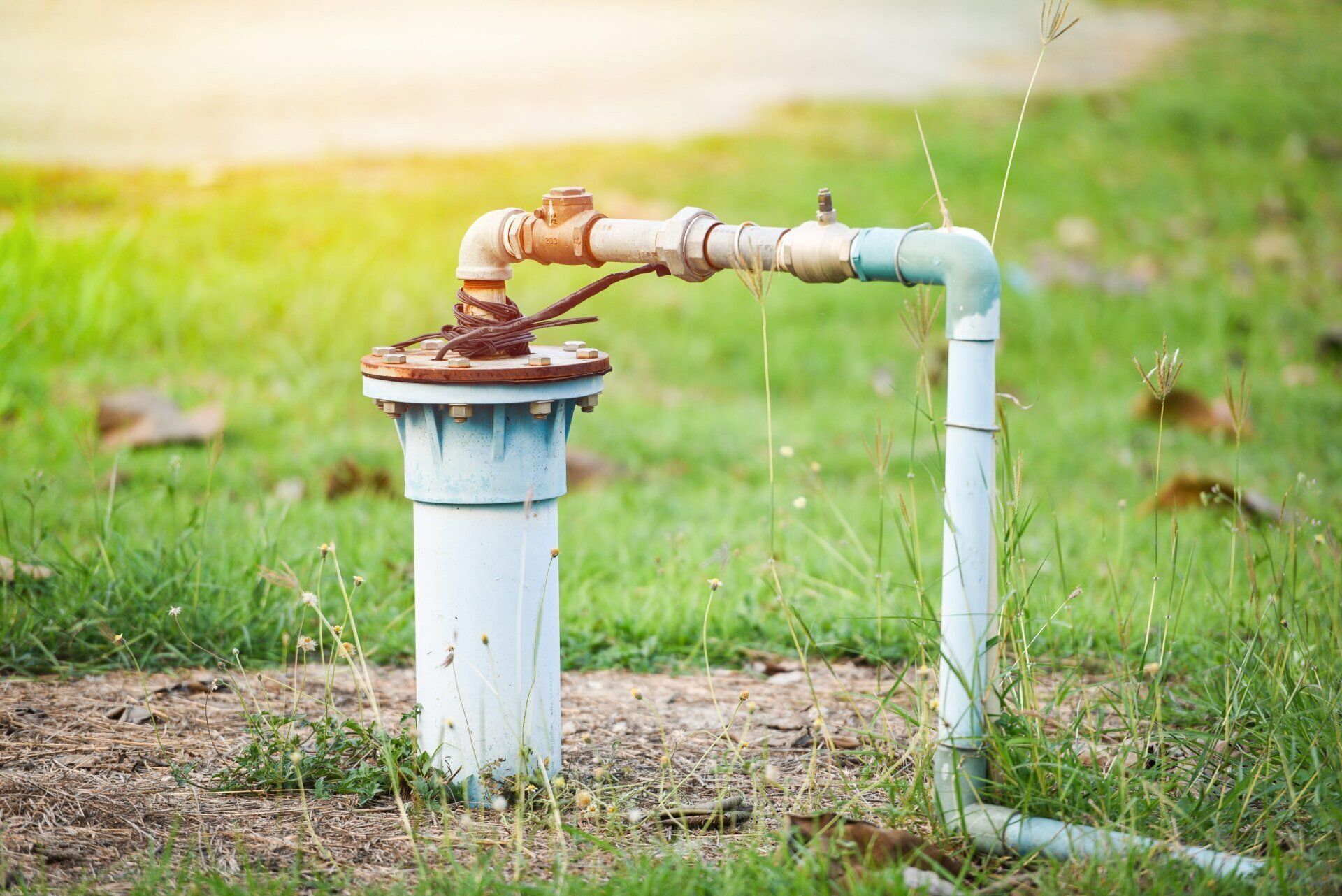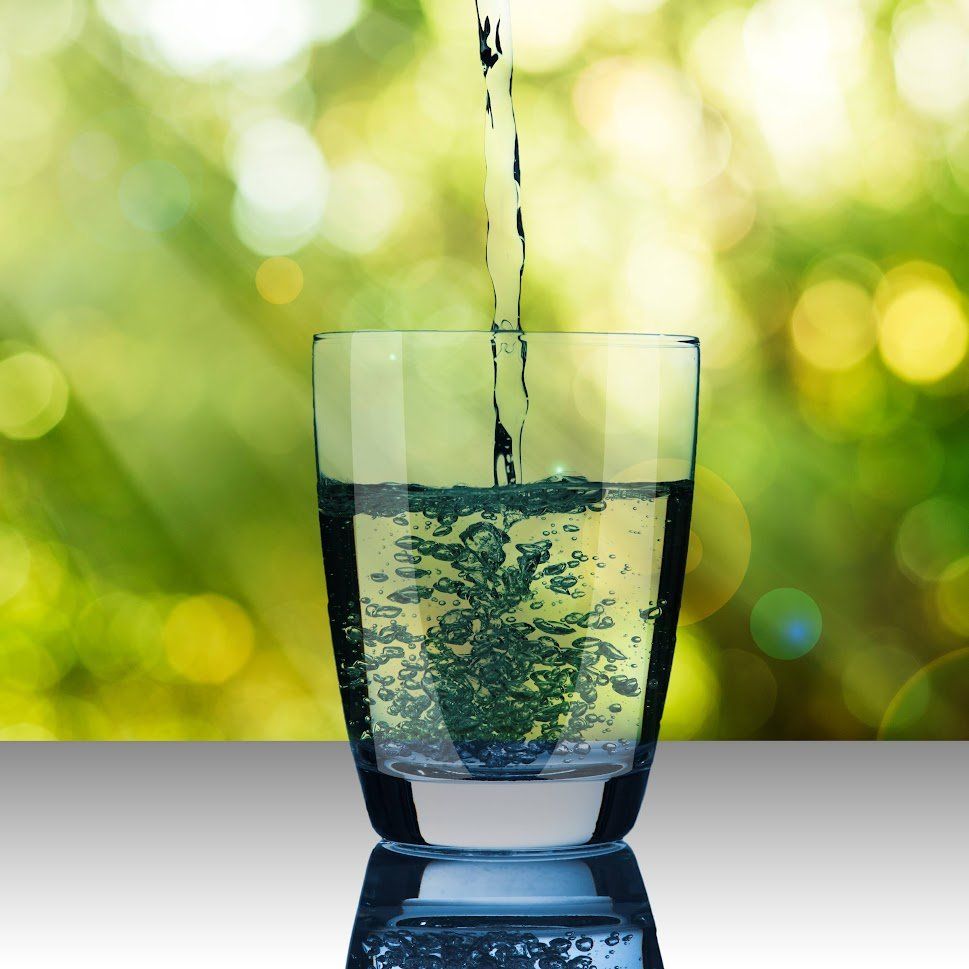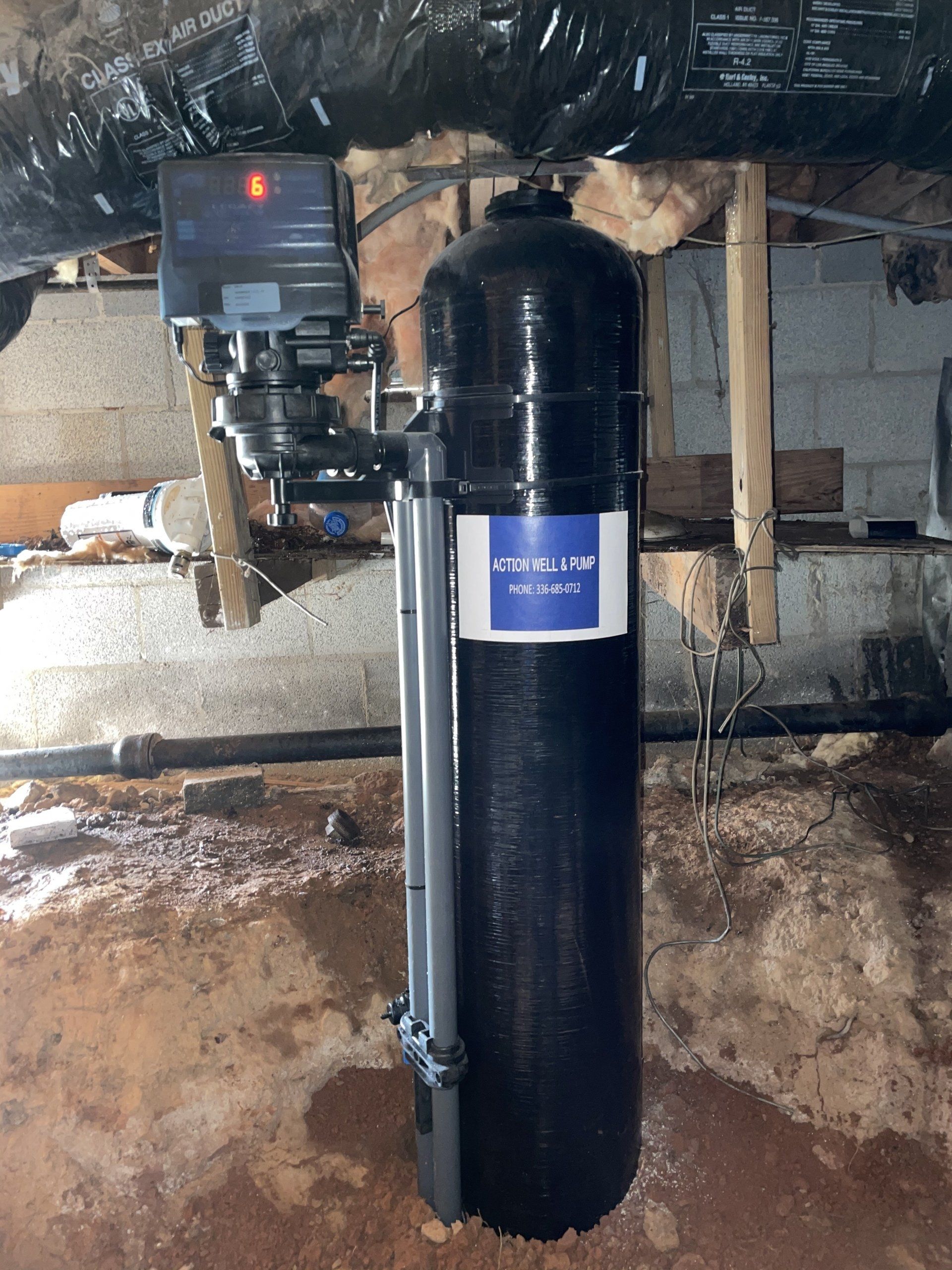4 Natural Disasters That Can Lead to Well Problems
Sometimes, extreme weather events or other natural disasters can damage your well pump or well casing, contaminate your aquifer, or harm your well water supply in some other way. Here are four natural disasters you should prepare for in case they cause well problems.
1. Earthquakes
Fortunately, North Carolina isn't known for having a lot of strong earthquakes. But on the flip side, this also means many homeowners don't know about the damage an earthquake can cause to their well. Some of the less serious ways an earthquake could affect your well include:
- Raising or lowering the water level
- Increasing or decreasing the volume of your well
- Causing temporary cloudiness
However, more harmful effects can also occur. The well casing, which is set in the ground, could become cracked or otherwise damaged by ground movement. And in some cases, an earthquake could contaminate your well with something dangerous or cause it to dry up completely.
Be sure to keep a supply of drinking water on hand so you can stop drinking from your well after an earthquake until you can determine if your well survived unscathed. If you notice any changes after an earthquake, call in professionals for inspection and water testing.
2. Floods
Floods can occur during hurricanes or independently. Whether it's due to a dam breaking or just an unprecedented amount of rain, a flood can be a serious problem for your well. If the well itself has standing water around it, avoid turning it on or you could be electrocuted. After the water goes down, don't drink out of it until after you have it inspected and tested.
However, flooding can also affect your aquifer even if the well itself doesn't flood. Floodwaters can carry agricultural chemicals, fecal bacteria, and other contaminants and pathogens in such high concentrations that they actually make their way into the groundwater. So anytime you have a major flood event in your area, you should get your water tested.
3. Hurricanes
Hurricanes and tropical storms can affect wells in two different ways: physical damage and flooding. Physical damage can occur if the well is hit by a large object (for example, if a tree falls on it during the storm). Flooding is also quite common during tropical weather events, bringing with it the potential for well contamination and electrocution.
Another issue hurricanes can cause that affects wells indirectly is power outages. In many places, the power could be out for weeks after a major hurricane. Be sure you have a way to get water out of your well during a power outage (such as a generator), and keep a large supply of bottled drinking water on hand in case your well suffers physical damage or flooding.
4. Droughts
In a drought, you may lean heavily on your well to keep your lawn and garden alive due to the absence of rain. But for the same reason, your well and your entire aquifer could suffer from lower than usual water levels. This can affect your well's function in several ways:
- Reduce the volume you get from your well
- Lead to more contaminated water
- Leave your well more likely to run dry
So during a drought, you may need to limit the amount of water you use for purposes such as landscaping and cleaning. You also need to keep an eye on the quality of your water. Does it look, smell, or taste different? If so, it may be drawn from a more distant aquifer with lower water quality. You should have it tested to make sure it's still safe to drink.
As you can see, these natural disasters all have something in common: you need to be prepared, and you need to get your water tested and your well inspected afterwards. Call Action Well & Pump Repair today for all your well repair and inspection needs.
